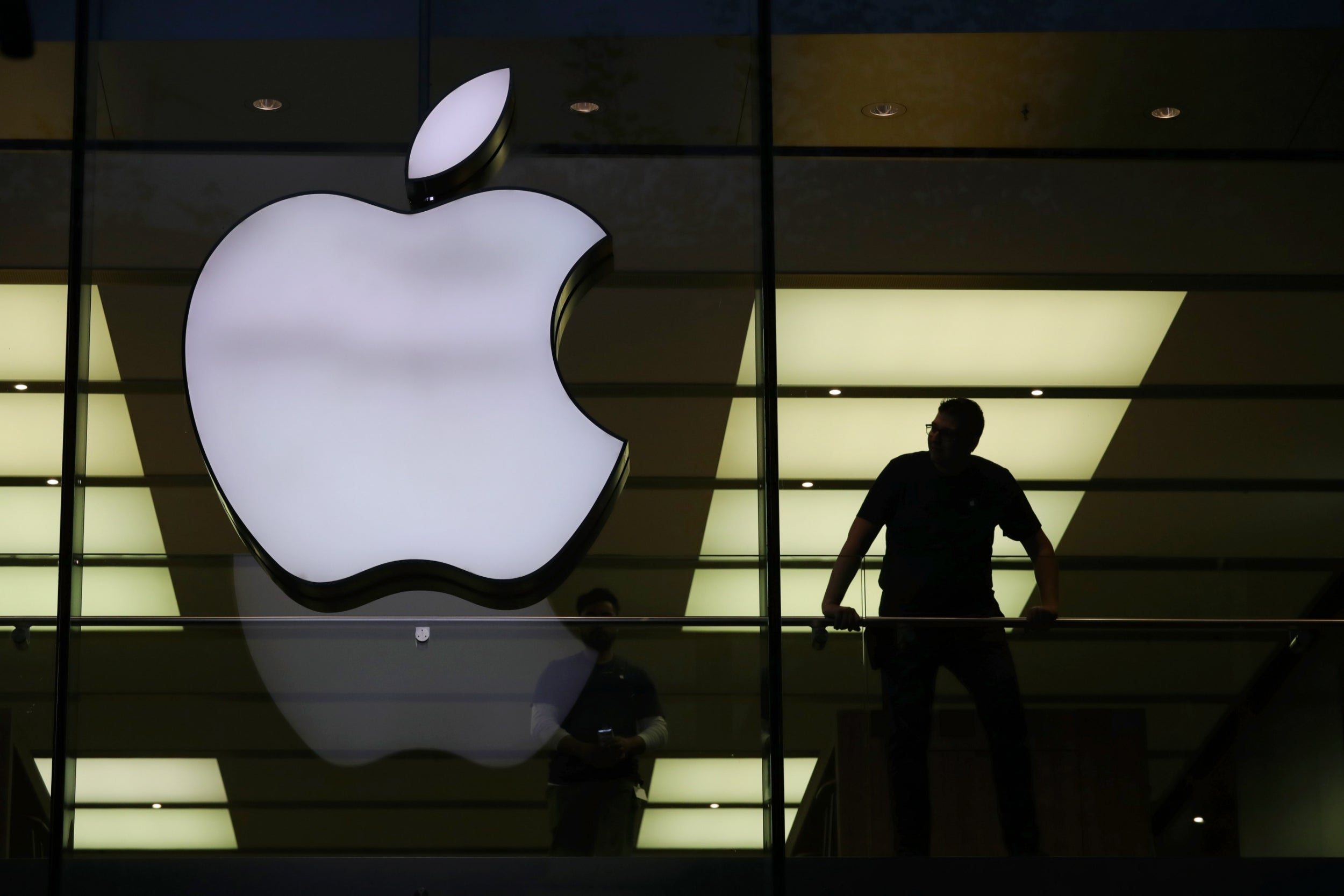Apple eclipses combined value of tortoise-like FTSE 100
Tech has boomed in the wake of the pandemic. For Britain, that’s an uncomfortable truth, writes James Moore


Is Apple’s market value eclipsing that of the entire FTSE 100 remarkable or rather disturbing?
It’s the latter if you care to consider the way the company and its peers, which benefit from the pricing power delivered by the quasi monopolies they frequently enjoy, sometimes behave.
Apple, for example, demands a 30 per cent cut from those who sell through its app store. This is the subject of a wildly entertaining court battle with Fortnite developer Epic Games, which has been effectively been cut off for trying to get around the vexatious T&Cs.
But it’s also worth stating that the products and services provided by Apple and its Silicon Valley peers have come into their own in the age of social distancing. Imagine how this would have gone without them.
Small wonder that Apple’s share price has more than doubled since March, when numerous big economies had to be shut down.
While it was booming, the constituents of Britain’s blue chip index slumped.
The FTSE boasts a sizeable contingent of natural resources companies, which typically take a dive during periods of economic turbulence.
Its big international banks have had to set aside billions of pounds against bad loans. Its insurers have pandemic related claims to pay. There’s understandably been some interest in the pharmaceutical component, but investors aren’t getting ahead of themselves and nor should they.
The problem with the UK stock market is that it’s basically a bit of a giant tortoise when set against the American gazelle
Ocado is its sole tech stock. For entertainment there’s ITV, which a Netflix or a Disney could buy with small change but, well, why would they?
While Amazon is eating the world, Britain’s top retailer, Tesco, is retreating from it by selling off its international businesses to the cheers of its dividend hungry investors.
This isn’t talking Britain down. It’s an uncomfortable fact.
Why its corporate sector isn’t livelier ought to be a question on the minds of policymakers, but that would involve being confronted with some uncomfortable truths, and why bother with those when you can wave a union flag and open a bunch of free ports so rich people can dodge tax?
But it’s also worth asking questions of Britain’s big institutional investors, who’ve generally been far too willing to sell up rather than hold on to their best companies. A case in point would be ARM Holdings, a singularly impressive chip designer, that was sold to Japanese investor SoftBank and now looks destined to become part of the Nasdaq listed Nvidia, to the chagrin of its founder among others.
Sure, they don’t get it all their own way: The FTSE is an unusually international market and its international investors will have their say.
But UK investors, and pension funds, would clearly benefit from the fund managers they hire holding on to the UK’s best companies. They have, as a rule, been far too open to overseas predators dangling 20 per cent premiums to a closing share price in front of the CEOs they incentivise to take the quick buck.
Join our commenting forum
Join thought-provoking conversations, follow other Independent readers and see their replies
Comments
Bookmark popover
Removed from bookmarks